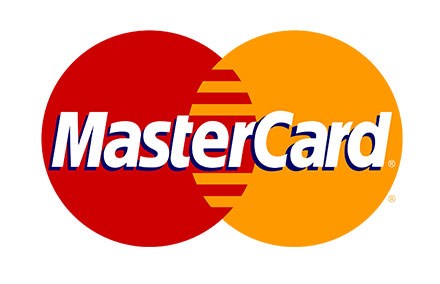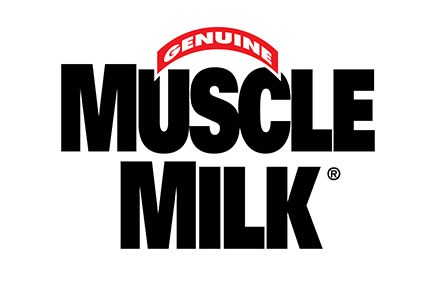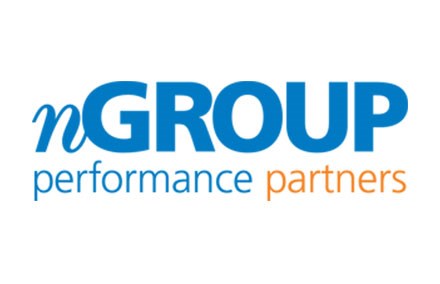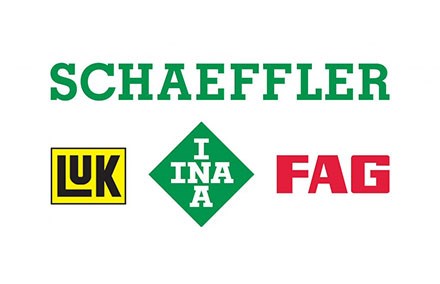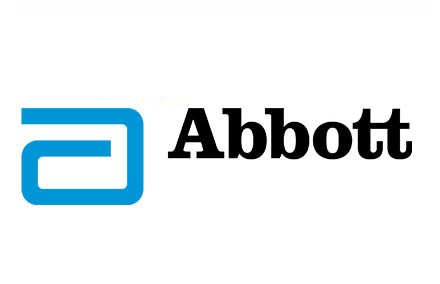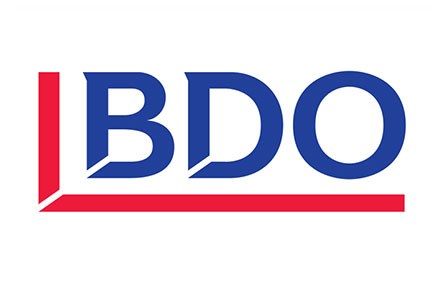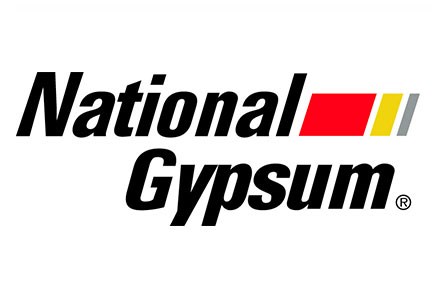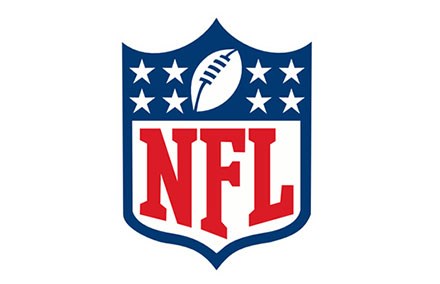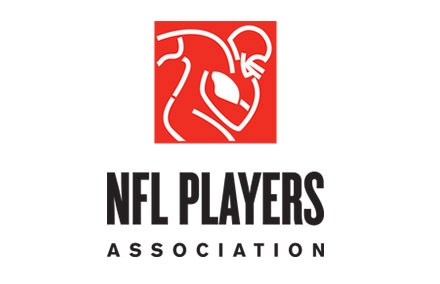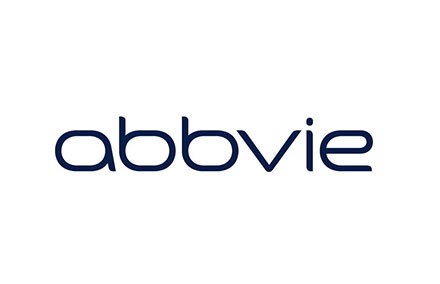Take this example, for instance. You have a meeting with your peers at 9AM this morning and there were some fireworks. You don’t feel good and the conflict is on your mind, but the rest of the day is packed with meetings and calls. How will you prevent your performance from being impacted by that 9AM meeting?
First, make no mistake; as smart as you are and as talented as you are, your body is already in an emotional hangover from that 9AM meeting. Yes, you can be functional and yes, you will put your game face on and try your best to ignore the impact of the 9AM meeting, but you will not be able to be at your best. Realizing this is key. At this point, it is OK to acknowledge you’re “emotionally hungover” to yourself.
The second step is to take your emotional temperature. Figure out exactly how severe your hangover is. Was the 9AM meeting an ambush where your life and career are at stake or was it merely more white noise that clutters the mind? So, taking your emotional temperature, give yourself a simple “Low, Medium, or High” grade. Low means the 9AM meeting is somewhat troubling, nothing out of the ordinary, and you feel you can manage it. High means that the ambush that is causing your body to be tense, your mind is racing at a hundred miles an hour, and your overall disposition has become compromised.
Next, come up with two interventions for each temperature level. Here are some examples – tried and tested – that work for most and are worth a try…
§ Low = Take deep breaths, and think of something positive you have done with the participants of the 9AM meeting.
§ Medium = Take slower and deeper breaths, and think of someone you can talk to that will be 100% be objective and supportive of you.
§ High = take a walk to think, breathing deeply along the way; then write out the pros and cons of what happened and what you could do to see how everyone could win.
These interventions are but a very short list of Emotional Enablers — they help dilute the state of anxiety you are currently in and take you back to a state where you can perform your best. These emotional enablers disarm the impact of your emotional hangover on your cognitive function, your behaviors, and your competencies — essentially taking you out of the fight or flight mode. As you practice this and come up with your own interventions for each temperature level, grow your list to 5-10 items and refer to it immediately after you take your temperature. Your emotional maturity is guaranteed to increase over time with such practice, impacting both your personal and professional disposition. You’ll be incredibly content and empowered to address any challenge that comes your way each day. Next week, I will shift the focus from you to others. I’ll cover how to take the emotional temperature of those around you and change it… a cornerstone attribute of great leaders.
